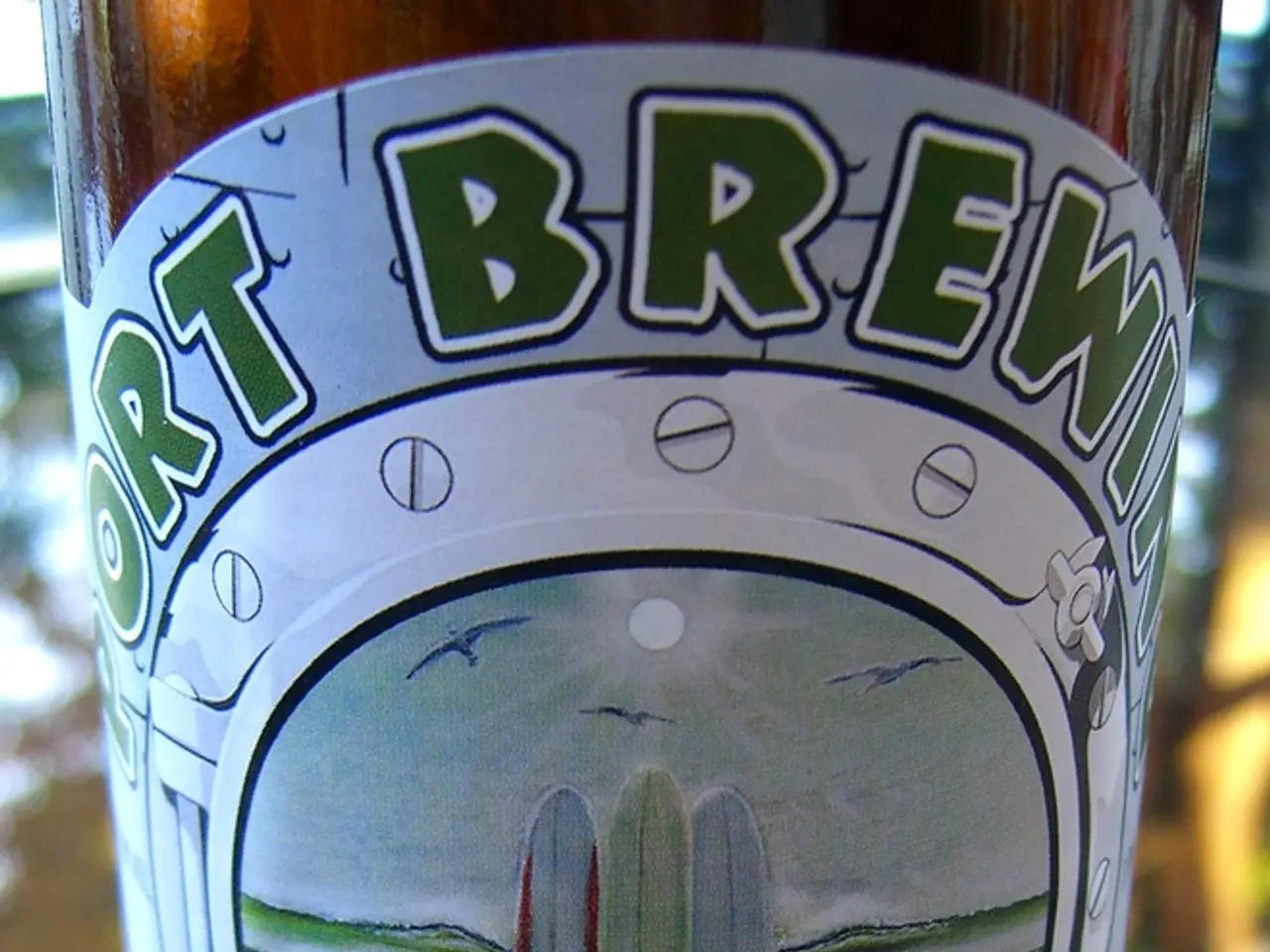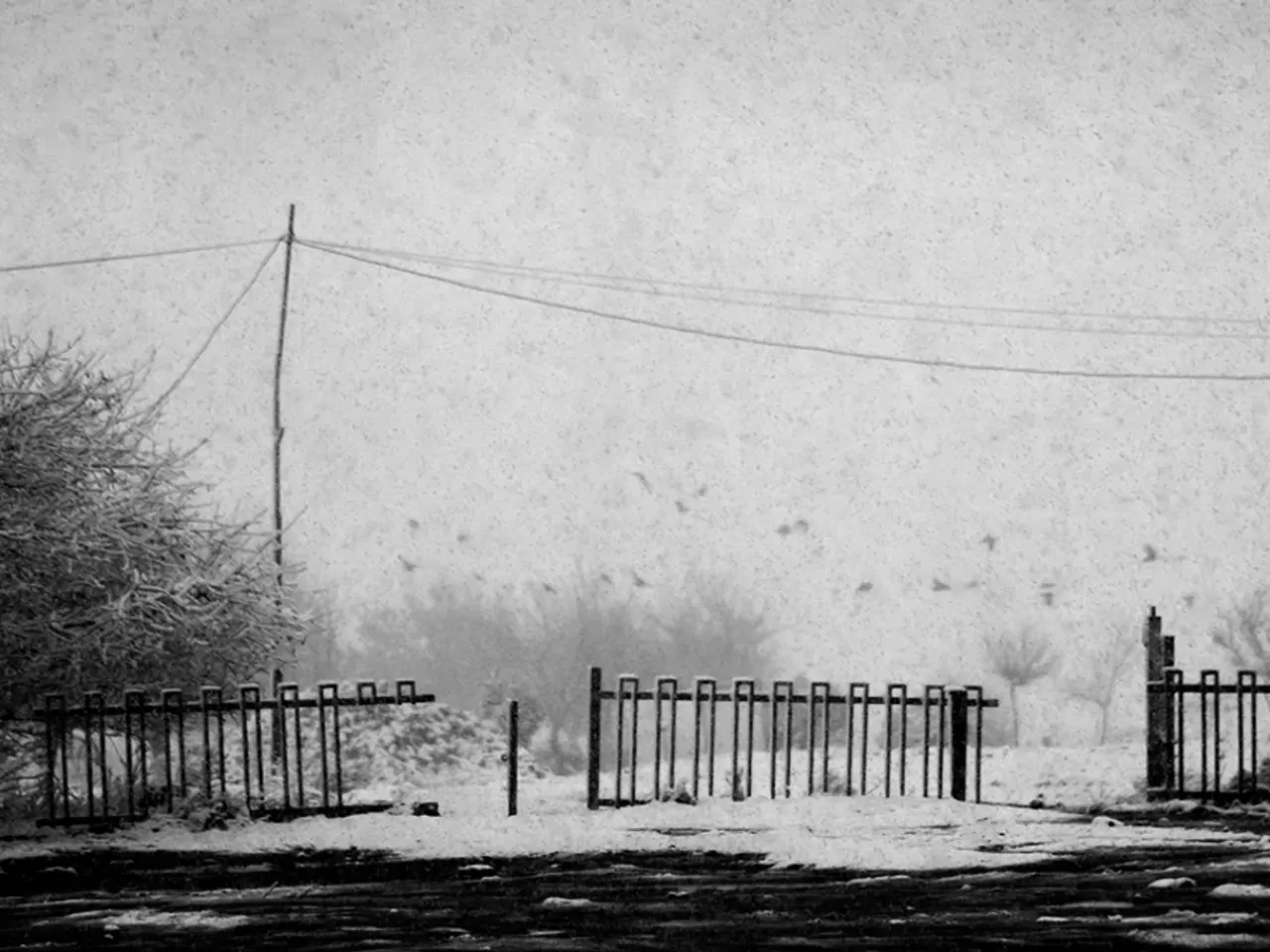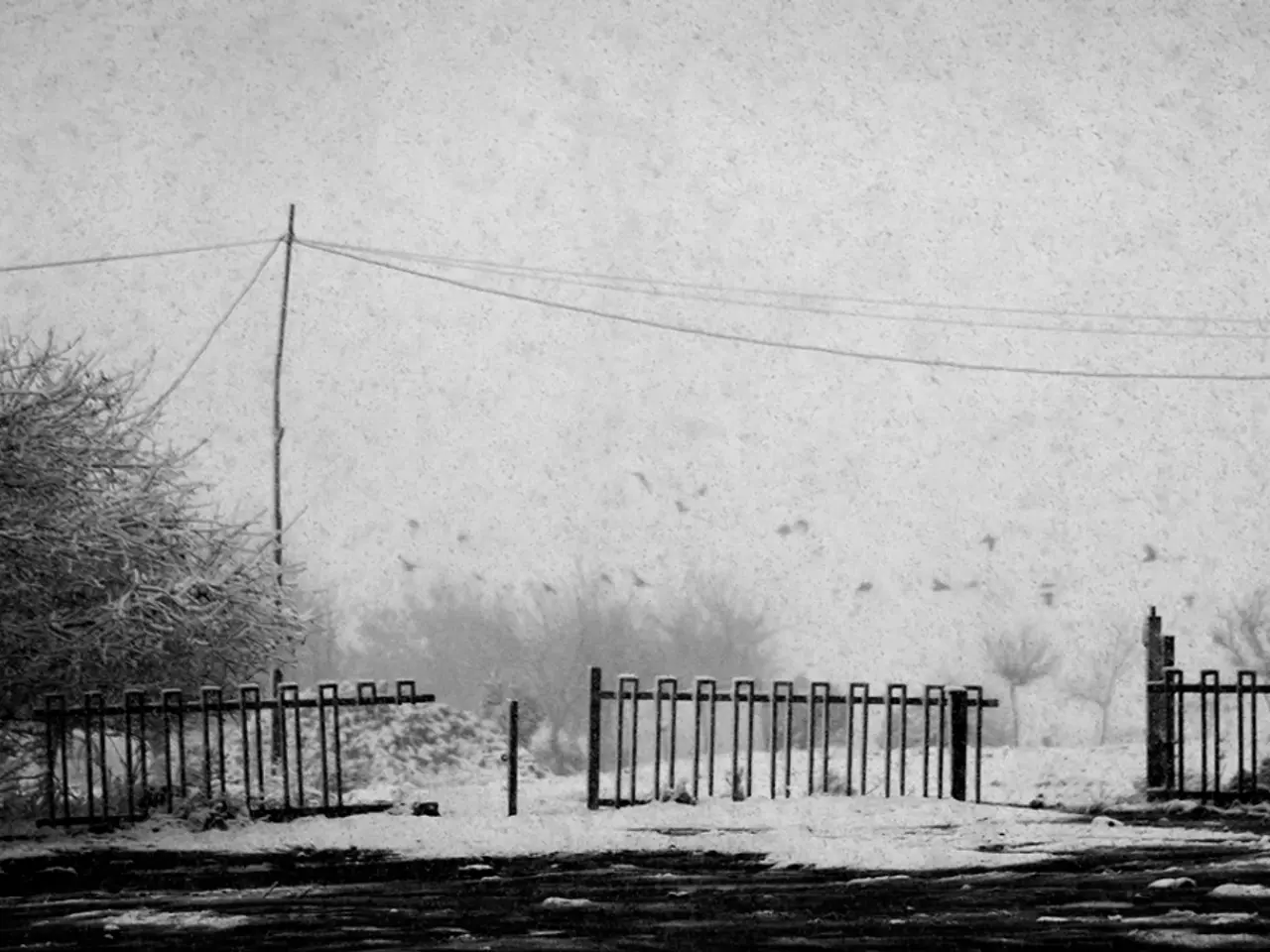Diageo, the corporation behind renowned whiskey brands Glenfiddich and The Balvenie, reported a substantial 30% decline in profits in the year 2024.
Scotch Whisky Industry Faces Challenges Amidst Tax Burden, Tariffs, and Shifting Consumer Behavior
The Scotch whisky industry, including prominent players like William Grant & Sons, is currently navigating a series of significant challenges. These issues, primarily related to rising tax burdens, trade tariffs, and shifts in consumer behavior, are collectively pressuring investment, production, and growth within the sector.
High Tax Burden and Increased Operational Costs
The UK government has imposed multiple tax increases, leading to a 10.1% hike on spirits duty in August 2024, followed by an additional 3.65% increase in the autumn budget. These tax raises mean UK consumers pay at least £12 (~$15) in tax per bottle of Scotch. This rising duty burden has led to expectations among 40% of distillers that operational costs will increase by over 20%.
Investment Shift Outside the UK
Due to this heavy tax burden, about 75% of Scotch whisky companies are planning to defer or reduce investment in the UK, opting instead to invest overseas to mitigate costs. This signals a long-term risk for the UK whisky industry’s domestic growth and employment.
Impact of Global Tariffs and Exports
US tariffs continue to weigh heavily on Scotch exports, adding to the industry's difficulties in maintaining profitability and scaling production. This affects distillers' ability to compete on the global stage and erodes revenue.
Changing Consumer Trends and Market Conditions
Broader market challenges include cost-of-living pressures, less face-to-face socializing, and increased moderation among younger consumers, which have contributed to a decline in overall spirits and whiskey sales volumes, including Scotch whisky. Within Scotch categories, malts are more affected (-4.6% decline) than blended Scotch (-0.8% decline).
Industry Response, Including William Grant & Sons
The Scotch Whisky Association (SWA) — of which William Grant & Sons is a prominent member — has publicly voiced concerns over the tax burden, warning that it is stifling jobs and investment, and urging government support to sustain the industry’s growth.
In response to shifting consumer preferences, producers including William Grant & Sons are focusing on portfolio diversification and innovation, such as promoting resilience in their blended Scotch offerings, which show better performance than malts in current market conditions. This diversification helps adjust to demand patterns while managing market volatility.
There is also increased emphasis on navigating export barriers, with collaborative industry efforts to mitigate the impact of tariffs and broaden access to emerging markets.
Recent Developments
- William Grant & Sons completed the purchase of Naked Malt and the Famous Grouse in 2025, the latter being the best-selling blended scotch in the U.K. The company attributed the decline in revenue to industry-wide challenges and significant destocking.
- Production at Tullamore D.E.W. distillery in Ireland was partially paused in the spring of 2025, part of an ongoing trend in the whisky industry.
- Politicians in the UK are pressing for the easing of the 10% tariff on scotch that has been levied against the industry, amounting to about £4 million per week.
- Glenfiddich and the Balvenie remain in the top five best-selling single malts, along with the Macallan, the Glenlivet, and Glenmorangie.
- One of Kentucky's best indie distilleries has released a blend featuring some of its oldest whiskey.
As the Scotch whisky industry faces these challenges, it remains to be seen how these pressures will shape the sector's future economic and market position.
Weather Changes Affecting Barrel Aging
Given the Scotch whisky industry's reliance on traditional, lengthy barrel-aging processes, extreme weather patterns such as heavy rainfall or scorching temperatures could potentially affect the quality and consistency of the final product.
Media Campaigns Promoting Resilient Scotch Choices
In an attempt to counteract these various threats and maintain consumer interest, marketing campaigns are being launched to emphasize the resilience and adaptability of Scotch whisky, highlighting its ability to withstand hardship and endure even in difficult climates.








